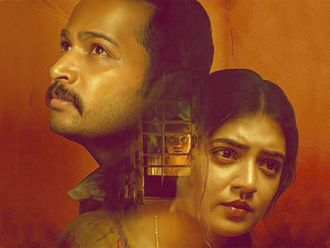
Cop dramas in Bollywood are usually fuelled by men who are hyper-masculine and trigger-happy, but award-winning Indian actress Swara Bhaskar — who plays a police officer in her new limited web series ‘Flesh’ — says her role is not defined by her gender.
Bhasker plays a fierce, potty-mouthed law enforcement officer who’s intent on busting the sordid sex trafficking rackets operating across India and beyond.
See also
- Kajol at 46: A look at the Bollywood icon's best movies
- Indian epic 'Baahubali' actor Rana Daggubati and Miheeka Bajaj kick off wedding festivities
- Bollywood: Kangana Ranaut, Sonam Kapoor among stars celebrating National Handloom Day 2020
- Hollywood: From Adele to Rebel Wilson, 9 celebrity transformations that will leave you slack jawed
“Why do we assume that women don’t swear or that women don’t use abusive language? … I think the idea that women do not abuse is a very middle-class morality construct,” said Bhaskar in an exclusive interview with Gulf News.
“In Bollywood, we have this idea that our heroine has to be angelic, perfect in every way, and virtuous to the level being almost inhuman and unrealistic,” added Bhaskar.
Her character in her latest web series is anything but perfect. If the two episodes made available for advance viewing were anything to go by, high-ranking police officer Radha Nautyal is a feisty anti-trafficking angel keen to flush out every perverted pimp out there and rescue hapless underage sex workers forced into the flesh trade.
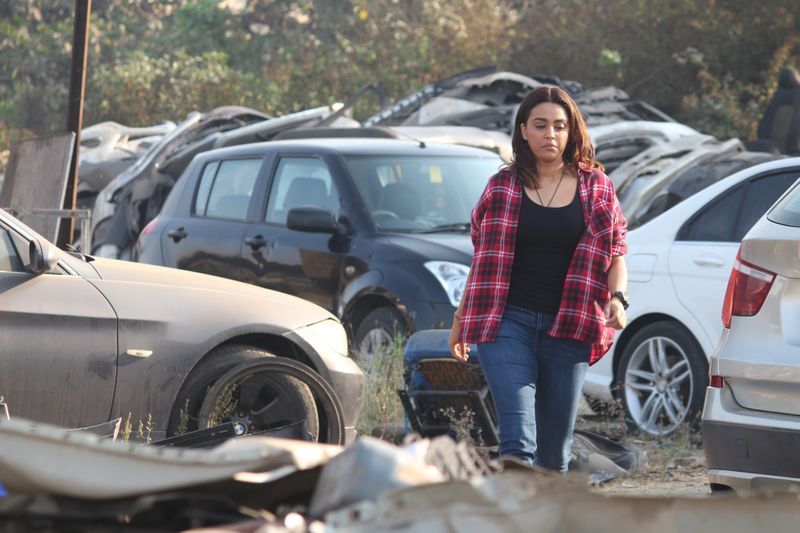
Be warned, the compelling eight-episode limited series, directed by Danish Aslam, is bound to make you uncomfortable as it tackles the grim and ghastly world of modern slavery.
While actress and activist Bhaskar — whose credits include ‘Veere Di Wedding’ and ‘Nil Battey Sannata’ — was game to answer any question related to the show also starring Akshay Oberoi, Vidya Malvade and Mahima Makwana, journalists were requested to keep this interview specific to the series and not deviate towards topics like nepotism or the widely discussed insider-outsider debate.
Excerpts from our interview as we discuss her new crime thriller, her take on police brutality and the power of good cinema ...
‘Flesh’, the first two episodes that served as screeners, was unsettling to watch — especially the scenes featuring rape of underage girls. Was that the intention behind this cop drama?
Absolutely. The point is that we should feel unsettled with this heinous reality of human trafficking plaguing our world. It’s one of the most painful aspects of our modern world. We live in 2020 and the fact that human beings are sold and bought should be unsettling. According to a recent report published by ILO (International Labour Organisation), the profits from flesh trade globally was $150 billion [Dh550 billion] dollars and that is so damning. So, it’s very correct for you to identify this as an extremely unsettling series, as it should be. Having said that, I think it is very important for these stories to be told. Even if it is disturbing, we should be made aware of it and awareness is really the first step.
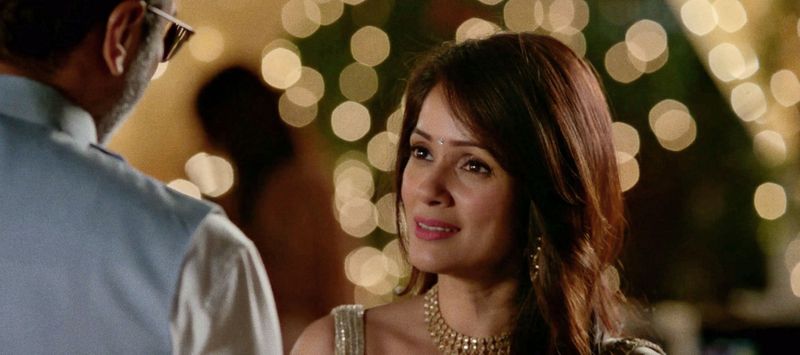
True. You always assume that human trafficking doesn’t happen near you and it’s a problem that is far removed from our reality. But do you think movies are a powerful tool in making people aware of such an issue?
I have always believed that art has a purpose and the best kind of art is an art that disturbs the audience. Art has incredible transformative potential. Good cinema and good visual content can change how people think and we must use that power responsibly. We must use that power in a manner to make a change for the better.
The series deals with sexual violence against women and underage girls. As an actor, were you at any point worried about its presentation and whether those graphic scenes would be titillating or exploitative?
It’s a very pertinent question and this question is not just limited to when you depict trafficking and sexual exploitation scenes, but it is something we should be mindful of when we depict violence and rape scenes. Those scene should never lean towards degradation, fetishisation, consumption for the eyes of the oppressor themselves. But the best part was that my director Danish Aslam, has been extremely sensitive about those scenes.
He’s very aware and responsible as a person. He is a father himself and I remember talking to him about this and like me it was something he was very conscious about too. We were particular that ‘Flesh’ wasn’t suggestive at any point.
You were unsettled by the series, perhaps after you realised how horrible the reality of flesh trade is … In such series, it’s the intention that is very important. If your intention is right, you will not make something that seems like fetishising children and violence. Even when you read the writing in these series, you read the intent as well. While there’s an intention to unsettle and disturb, we are coming from a place where we want to show the serious reality so that it does not allow us to turn our eyes away from it.
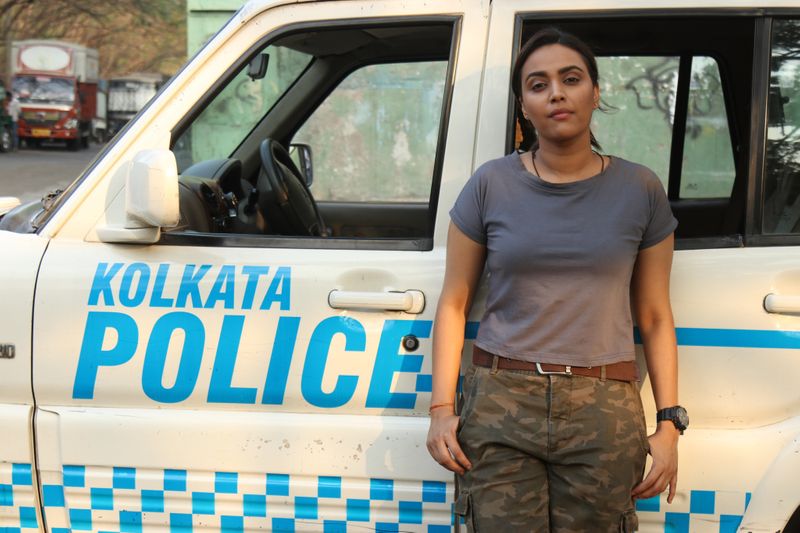
There was a scene in the first episode where you go undercover and pretend to be a part of a prostitution ring. The scene in which the pimp invades your personal space wasn’t easy to watch. Was it uncomfortable for you to enact?
It was a very uncomfortable scene but it all came down to whether I trust the intention of the script and its makers. It also boiled down to if I trust my co-actor who is not taking pleasure in that scene. Every single scene I had to do, I can vouch that my male co-actors were more uncomfortable than I have been.
I remember being in this bizarre situation with actor Pankaj Tripathi and he had to grope me. But he was feeling so bad and I was actually telling him: ‘Don’t worry sir. I am wearing so much padding that I cannot feel anything when you are touching my body.’
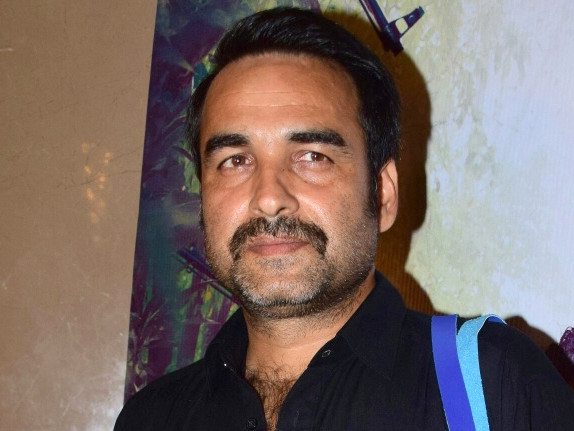
It was bizarre and amusing, but it also indicated what a decent and wonderful man he is. Similarly, the actor who played the prick who is groping me in ‘Flesh’ was so worried and nervous. I actually ended up being in a situation where I was like: ‘Sir, please do not worry I understand you are doing a role and I do not distrust your intention so you be sincere to your part and I will be sincere to mine.’
Again, the purpose of that scene is not to generate pleasure. The purpose of that scene is to build up to the scene when she shoots him on his leg. In her act of shooting there is certain vindication. And that feeling of being vindicated is not coming from her being a police person who is being abusive of her powers. But it shows that she had felt vulnerable at some point in front of him and felt that trauma when he was groping her. In her mind, she has proof of this man’s criminal intent … Even as an audience you might feel vindicated when you see my character, a cop, taking him to task. These are narrative devices used to make you feel more for the character.
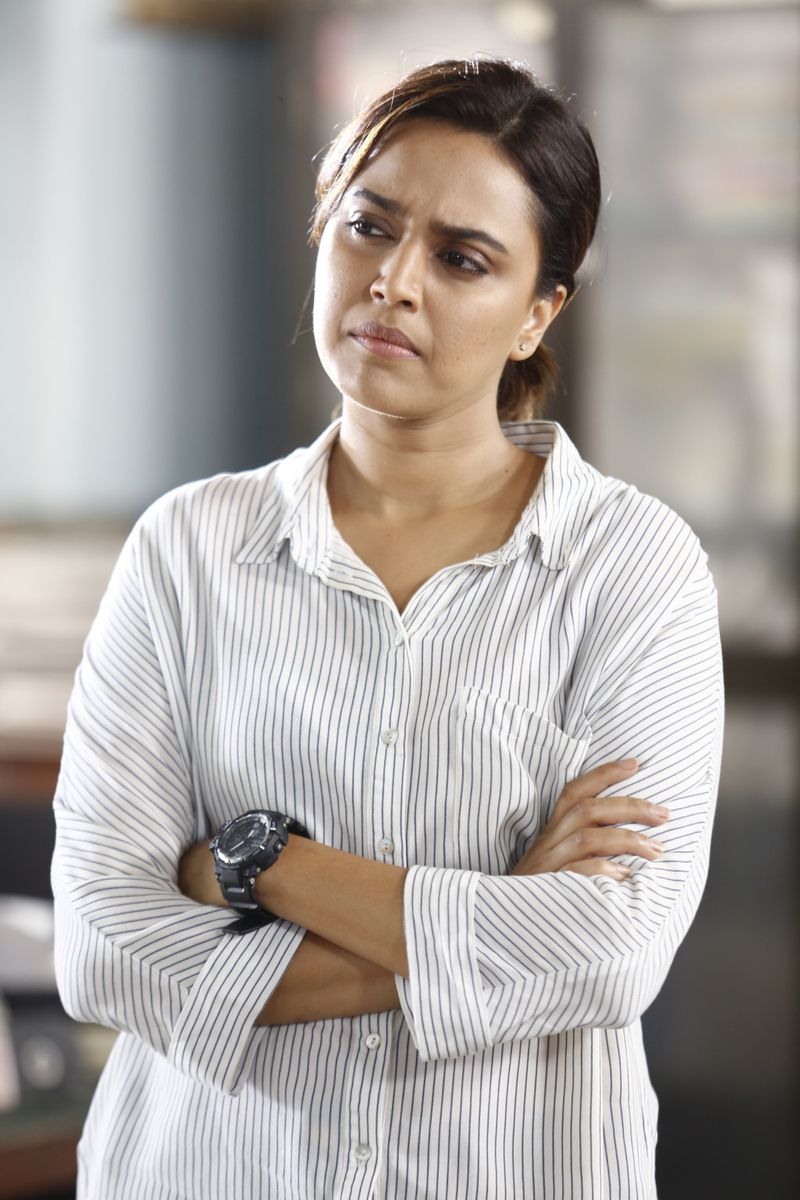
Keeping the show in mind, what’s your take on police brutality?
Everyone will agree that there’s a huge problem with police brutality and it is something we should be very wary of. It’s an abuse of power. However, while talking to the officers I realised that they have hard lives and they have a lot of pressure that we as common citizens might not understand. They are underpaid, overworked and they deal with crime on a daily basis. They are also dealing with marital strife or problem with their families at the same time. They do not have enough holidays, they are undertrained and they are acting on orders from the top sometimes. They are a part of a power structure that we are not privy to.
We are seeing a man in uniform and in our eyes all of them are the same. I wasn’t aware of these complexities before I worked on ‘Flesh’. The series has made me see their side too, but there is no excuse for police brutality. I have spoken up against it when it has happened in India. But I also think that police reforms need to take into account the police’s problems. Things like better pay, better equipment, better conditions in their workplace, more holidays or counselling … There should be a well though-out approach here.
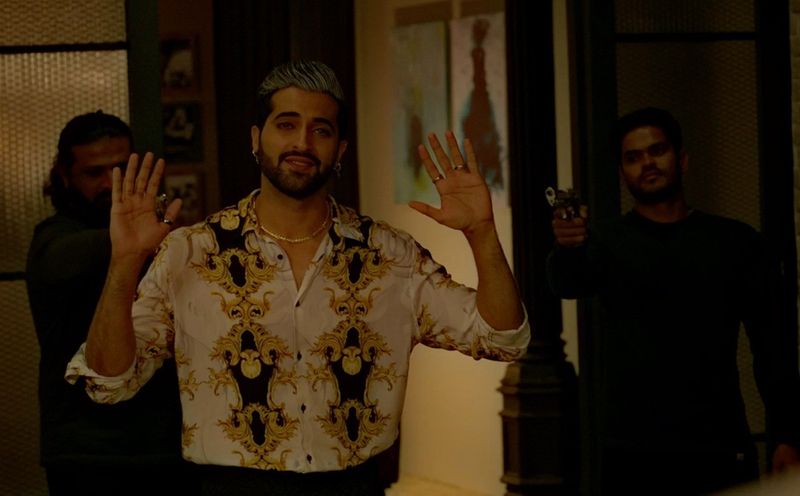
Cop dramas usually feature alpha males. Did you feel the pressure to act slightly manly or did you feel the need to suppress your feminine side? What was your director’s brief to play ACP Radha Nautiyal?
I did not get this brief to play her like a man at all. But there’s a certain brittle quality to her. But that is not coming from the gender, but that is coming from the work she does and the demons she carries within … I played her as this brash, brave and brittle person, but I did not play her as a man would. Also, when we say ‘manly behaviour’, what do we mean exactly? For instance, let us talk about her swearing.
What is abusive language? To me, it is just an expression of frustration. Everyone feels it. Living life is an exercise in being frustrated regularly. I did not think of it as manly behaviour. I merely thought that this is a character who is frustrated and she’s constantly battling the world of criminals. I did not read gender into it in that same sense … The swagger that you see of mine is not coming from a place of gender, but it’s coming from her personality traits.
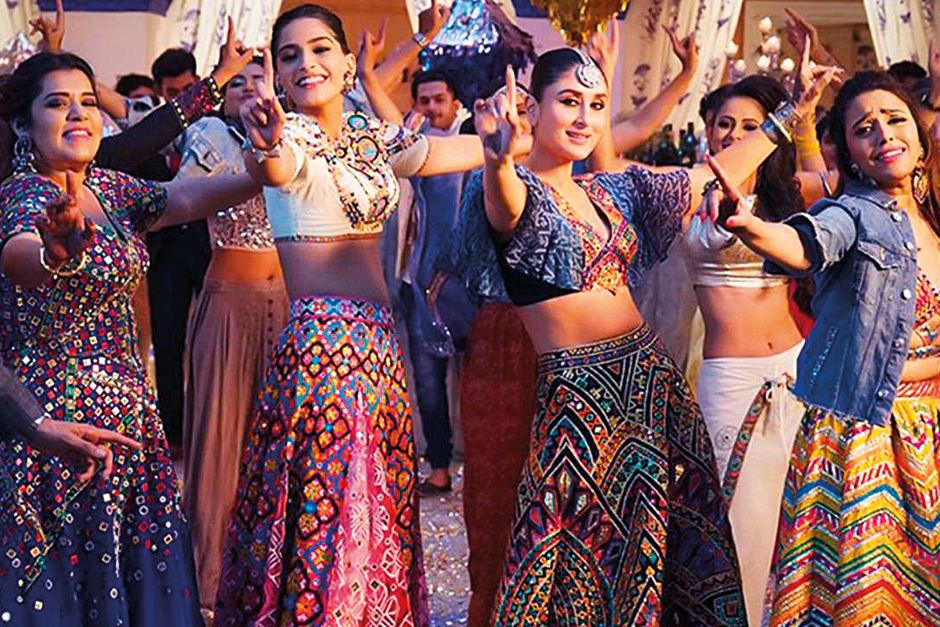
Did you interact with many female cops for the role though?
Yes and what I did notice when I spoke to some of the female cops is that they were very conscious about the fact that they did not want to be identified as women. They wanted to be identified as cops and I found that very interesting.
They are working in a field that’s traditionally seen as a male space. So, what does that do to women who are working there, I wondered. I remember one cop telling me that when they were training in the police academy, men and women have different kinds of physical training. But she would insist on doing all the things that men had to do because she did not want to seem like she was any less.
I found that very interesting but I do not know if I had as much as a chance to explore what you are asking me in this series because you are also bound by your story and the framework that your story has set.
Don’t miss it!
‘Flesh’ will stream on Eros Now on August 21.







